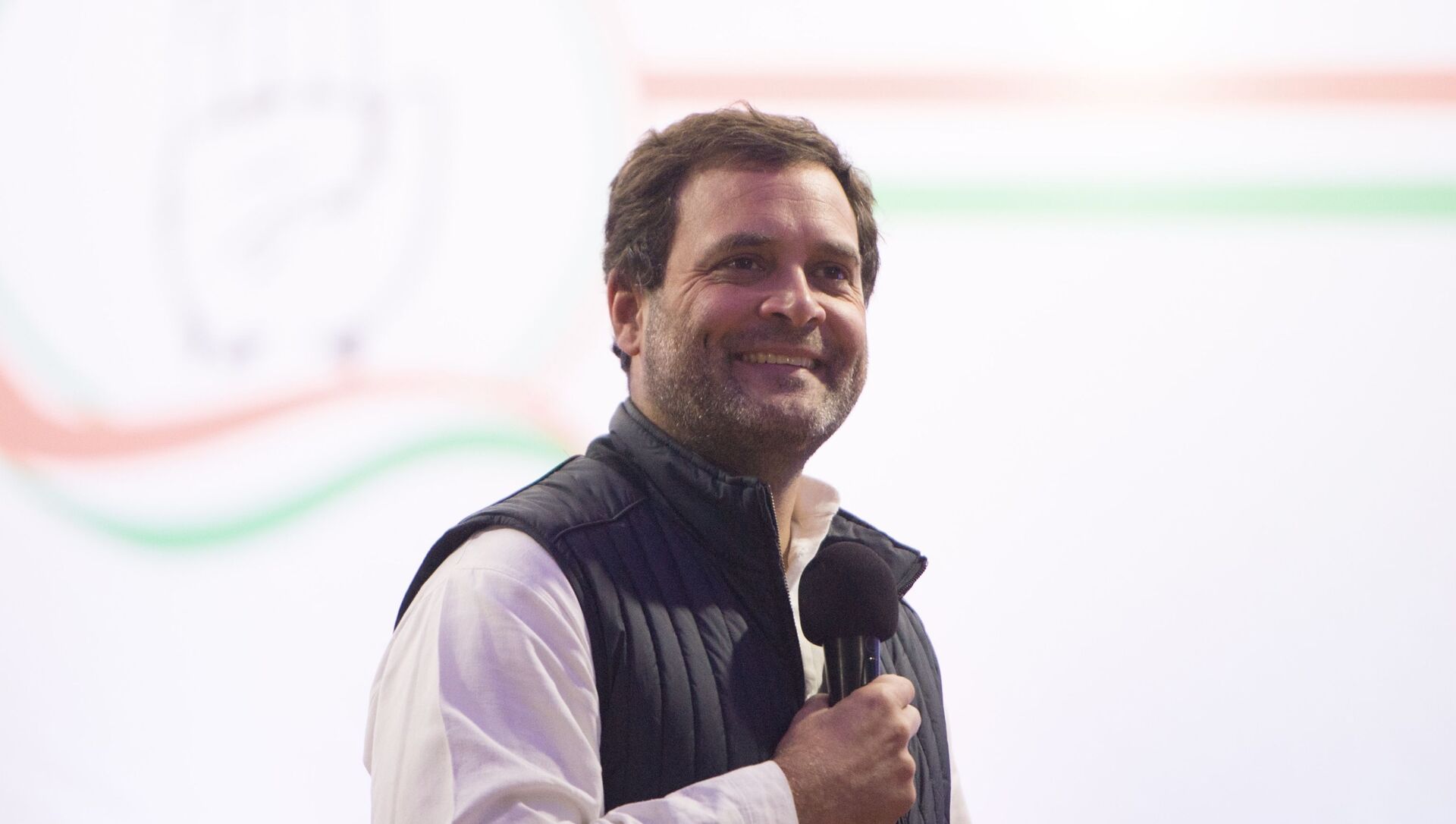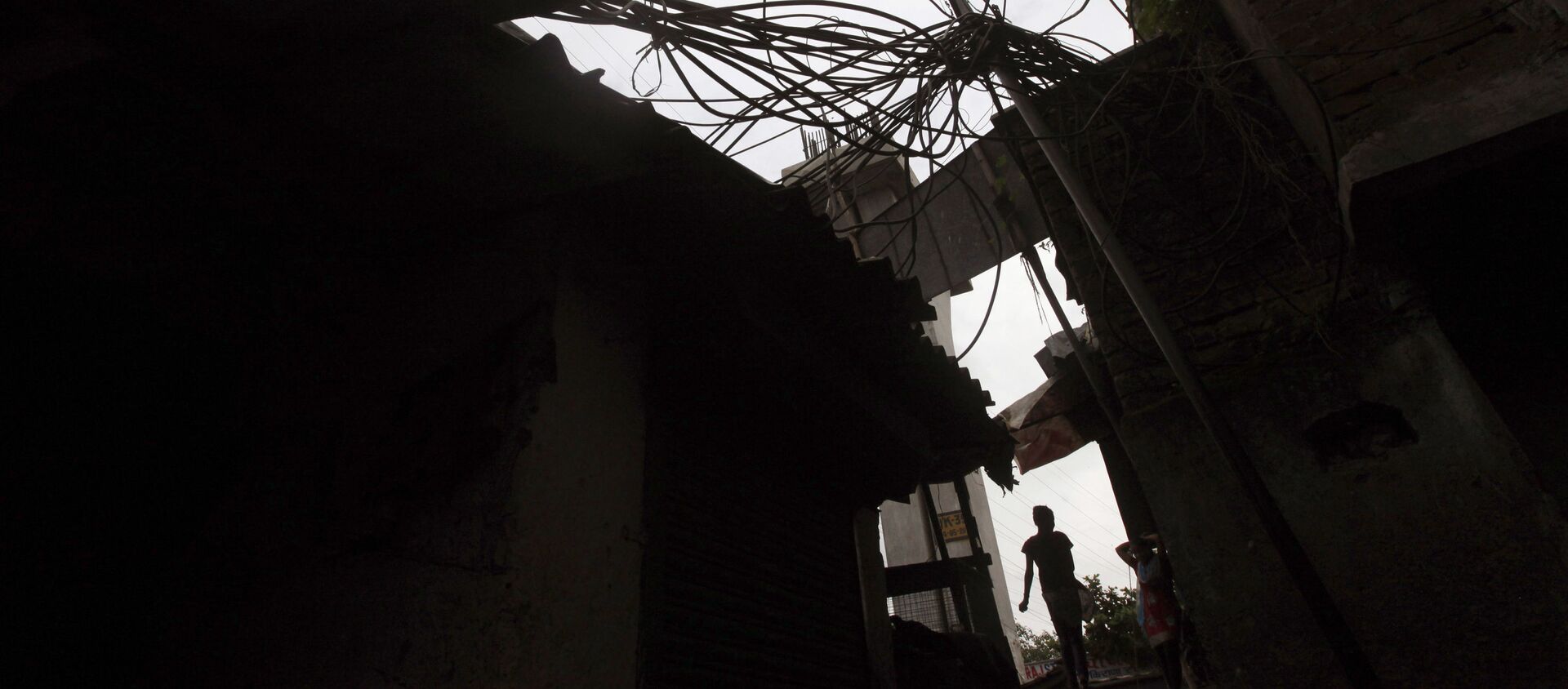Rahul Gandhi, the former president of the Indian National Congress, took to Twitter on Tuesday to highlight the need for India to prepare itself for “borderless wars”. In a tweet, the 50-year-old highlighted that Indian forces are designed for “2.5 front wars", saying they are now obsolete.
“It’s not about past practices and legacy systems. It’s about transforming the way we think and act as a nation”, Gandhi tweeted, referring to PM Modi’s suggestion to the Indian Armed Forces last week.
Indian forces are designed to fight a 2.5 front war. This is now obsolete.
— Rahul Gandhi (@RahulGandhi) March 9, 2021
We must prepare for a borderless war.
It’s not about past practices & legacy systems. It’s about transforming the way we think and act as a nation.
PM Modi and Gandhi have both supported the vision of readying India for tough cyber warfare times ahead, just days after it was reported that Chinese hackers allegedly caused a massive power outage in Mumbai last October.
However, Wang Wenbin, spokesperson for the Chinese Foreign Ministry, while rejecting the allegations, said that speculation and fabrication have no role to play on the issue of cyber-attacks, as it is very difficult to trace the origin of them.
"It is highly irresponsible to accuse a particular party when there is no sufficient evidence around. China is firmly opposed to such irresponsible and ill-intentioned practice", he said.
While investigations into the matter are ongoing, this was not the first time China was blamed for unethically cyber-attacking India and Indian public figures amid the border standoff between the two nations, which erupted in April 2020 and ended last month.
In June 2020, just two months after India and China deployed additional troops along the Ladakh-based Line of Actual Control (LAC) as part of the standoff, India witnessed a 300 percent jump in hack attacks allegedly carried out by China-backed hackers, Cyfirma, a Singapore-based cyber research firm, claimed in one of its reports.
Later, in September 2020, Chinese Shenzen-based data mining firm Zhenhua Data was accused of reportedly selling the minute details of more than 10,000 Indian citizens and organisations, including PM Modi, President Ram Nath Kovind, Congress Party interim President Sonia Gandhi and their families, among others, as part of its “global database of foreign targets".
Citing national security concerns, India already banned over 250 Chinese apps from operating in the country during its stand-off with Beijing at the LAC last year.
Moving on, in a bid to safeguard its national security and data, the Indian government has begun to push the use of locally made apps in the country rather than foreign apps.
In recent days, India-made alternatives to Twitter, WhatsApp, as well as Google Maps have gained momentum in the country.





